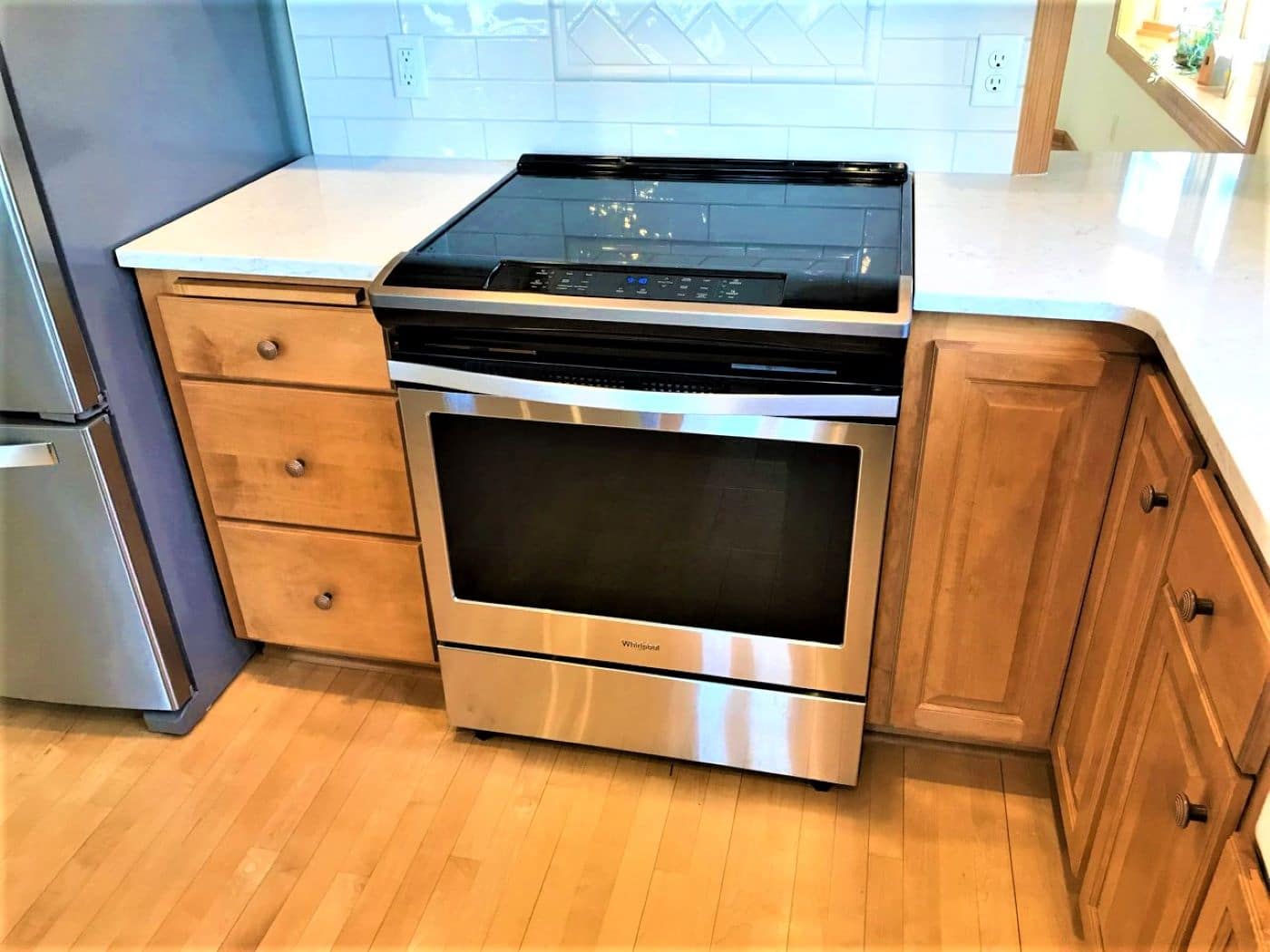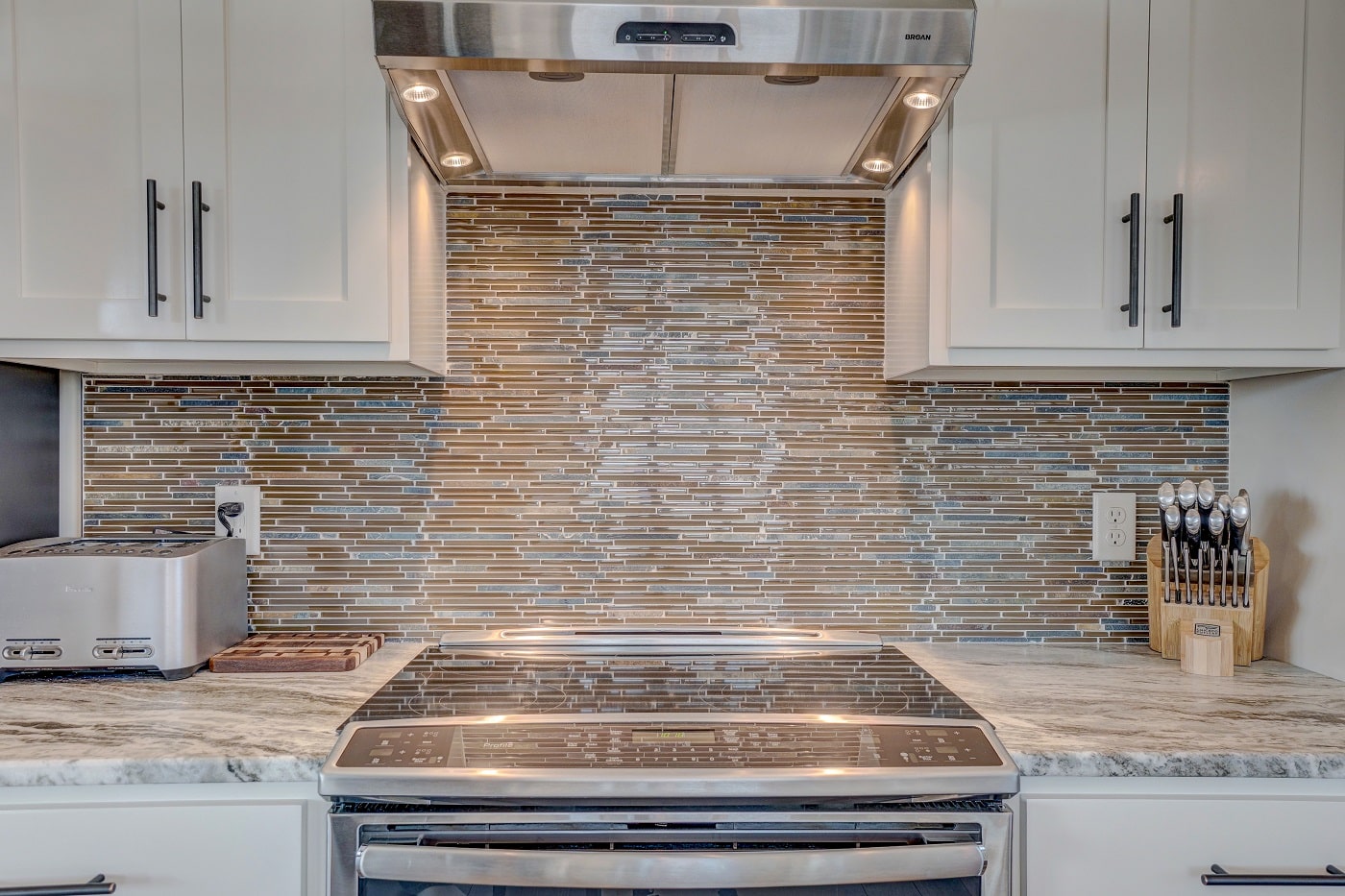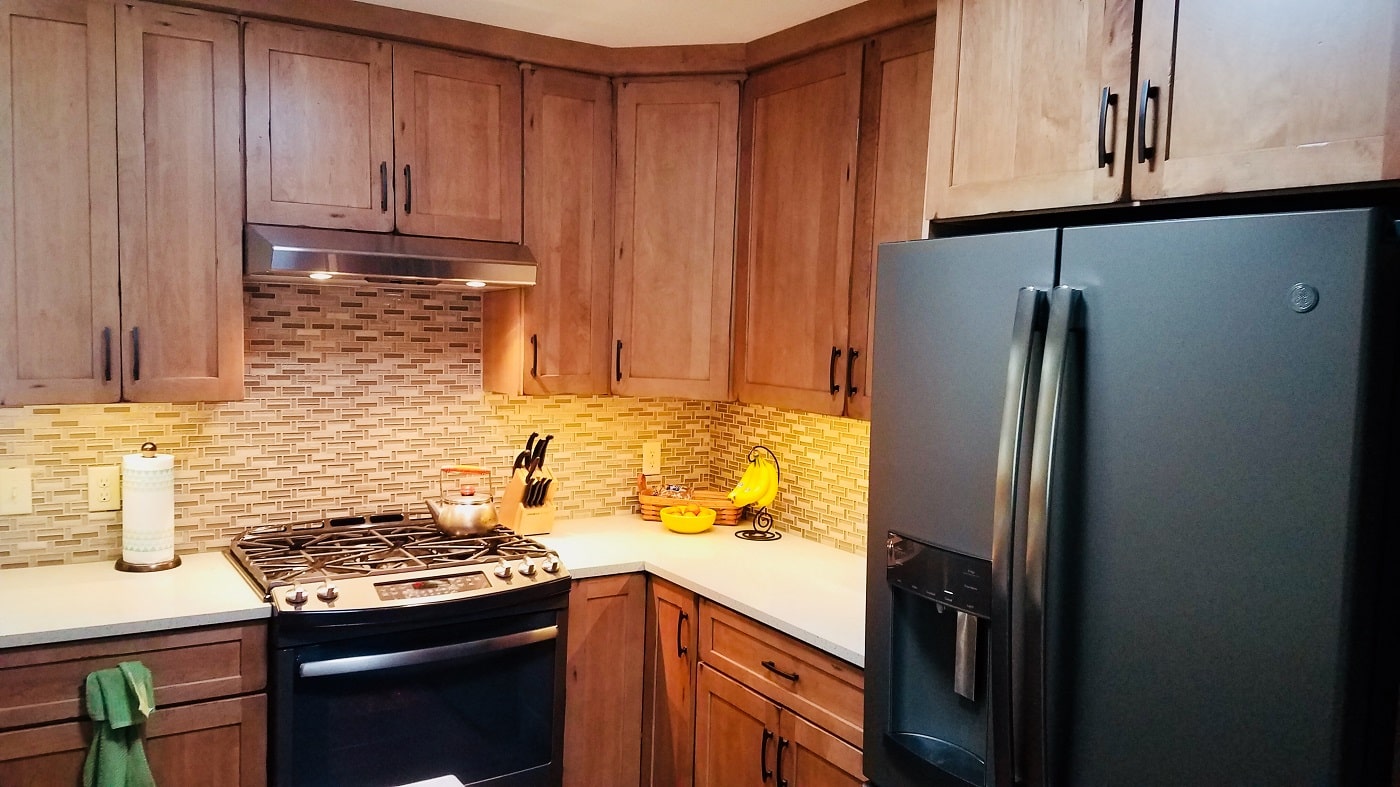Stove Showdown: Gas vs Electric
When you’re shopping for a new range for your kitchen, you’ve got numerous options in terms of bells & whistles, manufacturers and even color. However, one of the first decisions you have to make is whether or not you want gas or electric. Here’s what you should understand prior to making a selection.
Cost: As is the case with many household items, there is no clear cut winner in this category. This is due to the fact that the purchase price for a gas range is oftentimes more substantial than an electric one. However, when you factor in the cost to operate, the gas range typically wins.

Installation: A common misnomer is that gas stoves only need a gas line to be installed. In fact, electricity is used to ignite the stove before it switches over to gas power. (In the event of a power outage, a gas stove can be lit with a match.) If your kitchen currently does not have a gas line, you’ll need to pay a professional to install one which will add to your bottom line. If your kitchen currently does not have a range hood, strongly consider adding one.
Upkeep: When it comes to cleaning your range, an electric cooktop has fewer parts on its surface, making it easier to maintain than a gas range. Aesthetics aside, gas stoves create more of a mess because of the condensation that happens during the cooking process which makes splattering more of a problem.
Heating Speed & Control: When it comes to the time it takes to heat, there’s a common misconception that gas gets hotter faster. Sales associates from Minnesota’s appliance retailer, Warners’ Stellian, attend product trainings in which brand representatives place a pot of water on gas and electric to demonstrate the time it takes to boil, and the electric burner actually boils first! But aspiring chefs generally prefer cooking with gas for the control. When a recipe calls for a dish to be brought to a rolling boil then down to a simmer, an electrical burner will take much longer to decrease its heat than gas. Induction cooktops will actually give you the best of both worlds.
Andy Lindus Shares His Insights on Appliance Selection & Installation:
Strength: Ceramic cooktops found on electric ranges are notorious for cracking if a weighted object is dropped on them. Cracking can also occur if cold water makes contact with a hot burner. Cookware drug across the surface can also result in scratching.
Safety: Because the main feature of a gas stove is an open flame, it can be less than ideal for those with young children and rambunctious pets. An appliance fueled by natural gas can also be vulnerable to gas leakage. A carbon monoxide detector placed within close proximity of the stove is essential so that it can alert you immediately in the event of a leak.  Source of Power: An electric range will not work if there is a power outage. Homeowners with a gas range can still utilize theirs in the absence of electricity.
Source of Power: An electric range will not work if there is a power outage. Homeowners with a gas range can still utilize theirs in the absence of electricity.
Circulation of Heat: An electric oven produces a dryer heat than a gas oven does. This environment is more conducive to baking and roasting.
